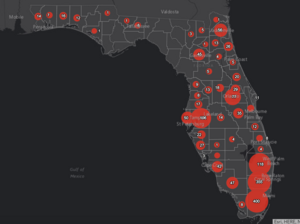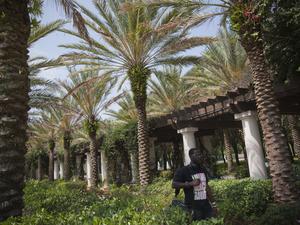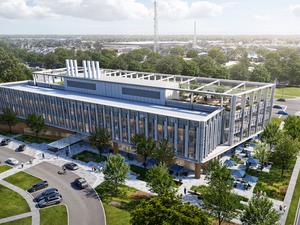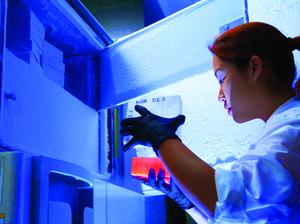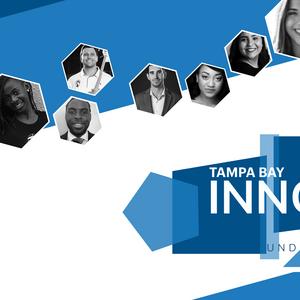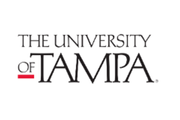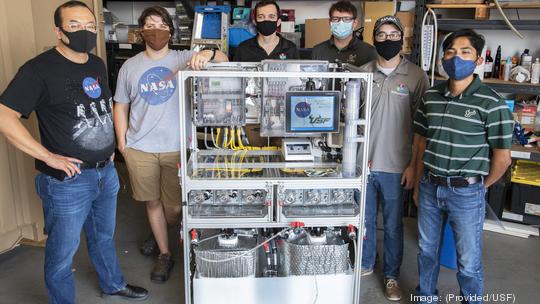
The University of South Florida has developed technology that could become truly out of this world with NASA's help.
Daniel Yeh, a USF civil and environmental engineer, has been working with NASA on a system that would develop human waste into fertilizer and water, allowing astronauts to grow food in space.
“Over the years, our team has gotten pretty good at coming up with technologies that work well on Earth,” Yeh said in a statement. “Developing resource recovery solutions for space was something new. It presented a whole new series of design challenges to overcome, such as those related to mass, volume, modularity and reduced gravity.”
The system, called the "Organic Processor Assembly," is the size of a mini fridge and extracts nutrients directly from the toilet. It is similar to the NewGenerator resource recovery machine, which is used in India and South Africa to convert waste into clean water, fertilizer and energy.
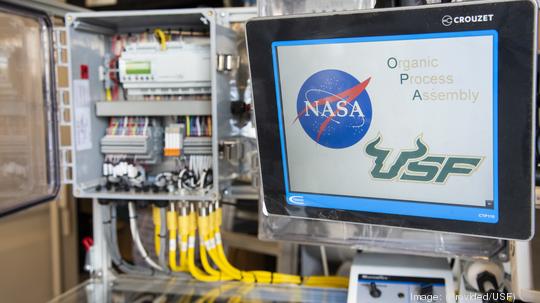
“NASA can only resupply a limited mass and volume to the moon and Mars habitats," NASA’s principal investigator Luke Roberson said in a statement. "This limitation forces research advancements to provide a reliable, closed-loop system between food consumption and production. There is a big difference between a fresh and canned strawberry in both nutrient content and interaction with your senses.”
Yeh's latest technology will be sent off to NASA's Kennedy Space Center to see how it holds up under simulated space mission conditions. NASA will decide within the next two to three years if the technology will be sent to the moon, while a second organic processor assembly will be kept at USF for further research. He has received more than $340,000 in grant funding from NASA, including a grant in 2018 to allow USF graduate student Talon Bullard to develop a prototype for the organic processor assembly.
This is the latest of several technology projects for USF: The university invested over $680,000 in research to fight coronavirus, including masks to help the hearing impaired and a spray to treat Covid-19 symptoms.
